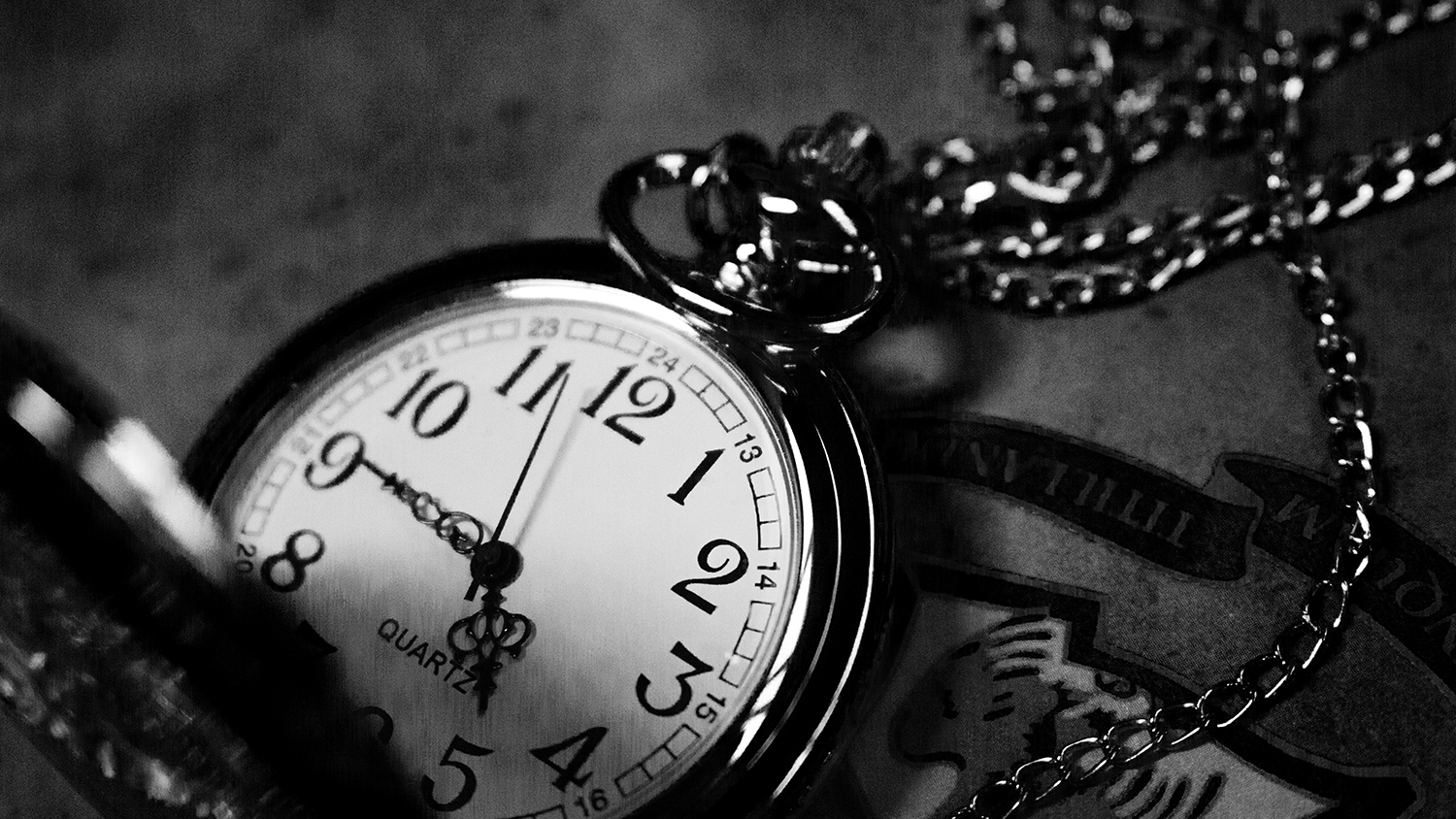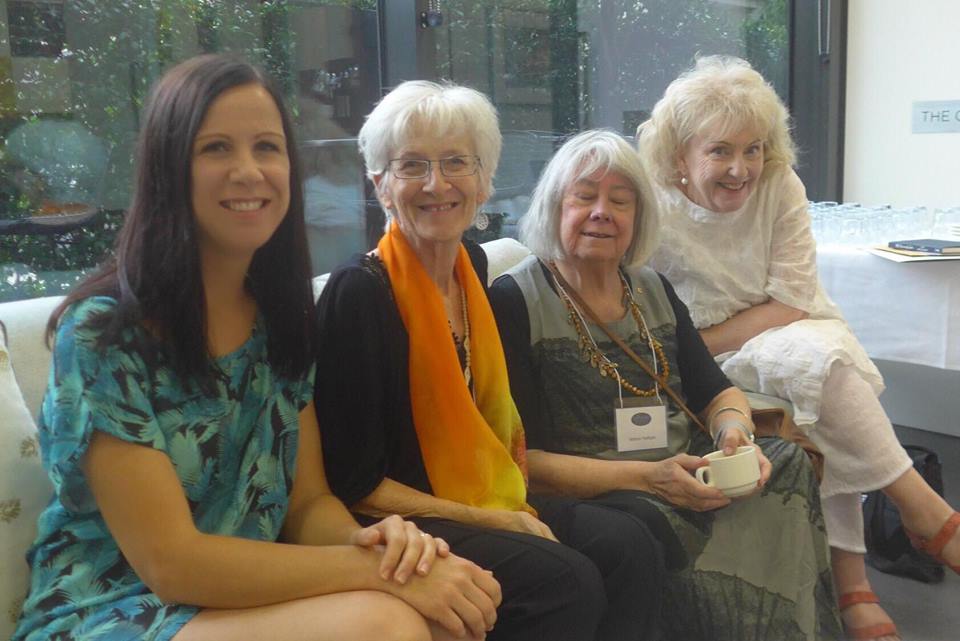How I got an agent
In a nutshell, this is how I got my agent. I emailed Debbie Golvan a query letter, got up and made a cup of tea, came back to my laptop and there, in my inbox, was a response. The best kind, requesting that I send through the first three chapters. Seven minutes it took her to respond. Just seven minutes. Surely this was some kind of sign?
More emails followed, a request for the full manuscript while she jetted about overseas, conversations that led to me tweaking the ending, and then the official offer to represent my novel. All this took a little over seven weeks.
There’s a prequel to this story which is terribly complex, but I’ll leave that for another day. For now the manuscript has gone out to publishers and the terrible waiting begins.

The path to getting an agent is so incredibly varied; everyone has a different story. So I thought I’d fill that terrible waiting space by asking three authors — Carmel Bird, Katherine Collette and Nick Earls — how they got their agents. Sure enough, their experiences were vastly different.
I’ve enjoyed reading these so much that I think this might have to become a series. But for now, let’s kick things off with Carmel.
Carmel Bird
This is a sweet story of destiny, in seven steps.
One: I didn’t have an agent. Ages ago an ex-student of mine said she had just engaged an agent whose surname was the same as mine, and furthermore this agent lived in my small country town. I had not heard of this neighbouring agent, and I made no attempt to find her.
Two: In February 2018 I gave a writing workshop at the Faber Academy. One of the students said her novel was being published the following week, and that she had a wonderful agent who shared my surname and village. I still didn’t wake up.


